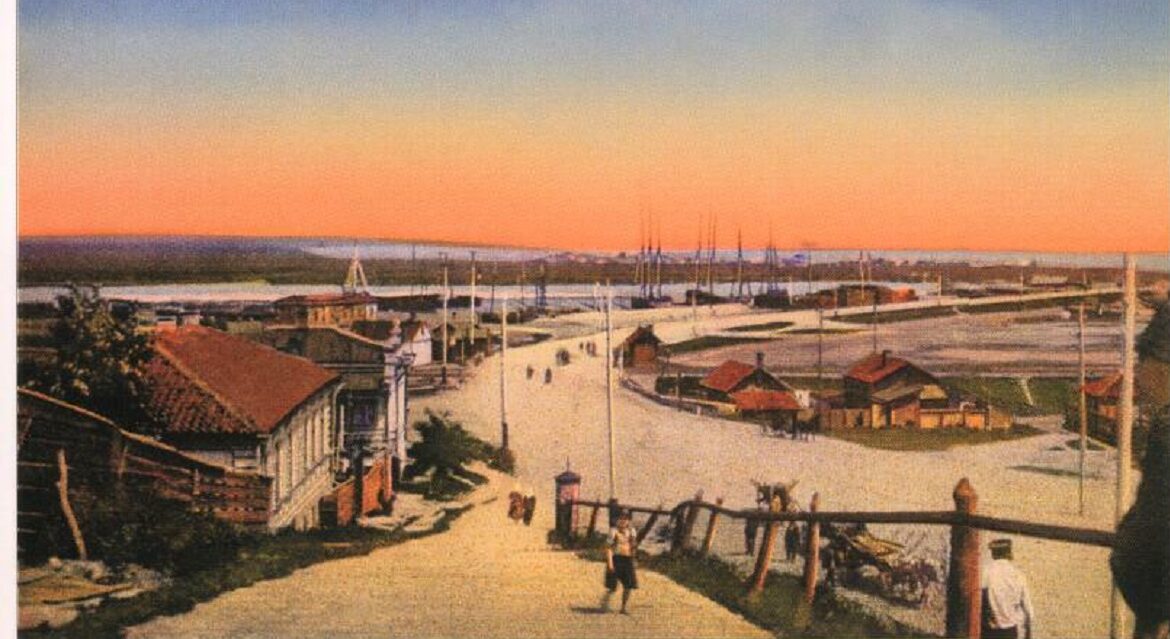
| The recent crisis in Ukraine has again brought references to the Greek expatriates of the country. Center of tens of thousands of Greeks in Ukraine is Mariupol but not limited to the city.
The first Greek immigrants settled in the country, in the autonomous state of Cossacks as early as the 17th century. They took advantage of the favourable conditions for the development of economic activities with an emphasis on trade, naturally, church freedoms and the possibility of establishing communities. Greek merchants became aware of the opportunities for settlement and business activity when they became acquainted with the country as companions of Greek monks who travelled to Moscow seeking financial support for the monasteries. The town in which the first Greek community was established was Nazin. The city became the centre of commercial activity of the Greeks and a destination for new immigrants who came to take advantage of the commercial privileges. The community flourished, established churches and organized around the Brotherhood which functioned as an ecclesiastical, social and charitable organization.
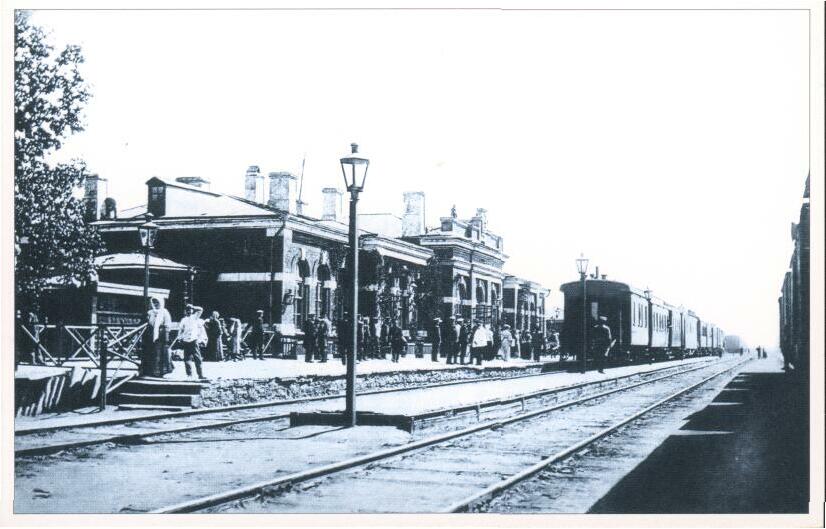 Μαριούπολη / Marioupolis However, commercial freedoms and privileges declined in the late 18th century, when the Cossack state lost its autonomy and became a province of the Russian Empire. Nevertheless, Greek trading colonies continued to be established in Ukraine, especially on the Black Sea coast, especially after the signing of the Treaty of Kiezuc Kinartz in 1774. Mariupol became the centre of Greek immigration when 30,000 Greeks from Turkish-occupied Crimea settled there following a decision by Catherine the Great in 1775. The whole area was inhabited for decades almost exclusively by Greeks. Gradually the Mariupol port grew and became the second largest in Southern Russia after Odessa. 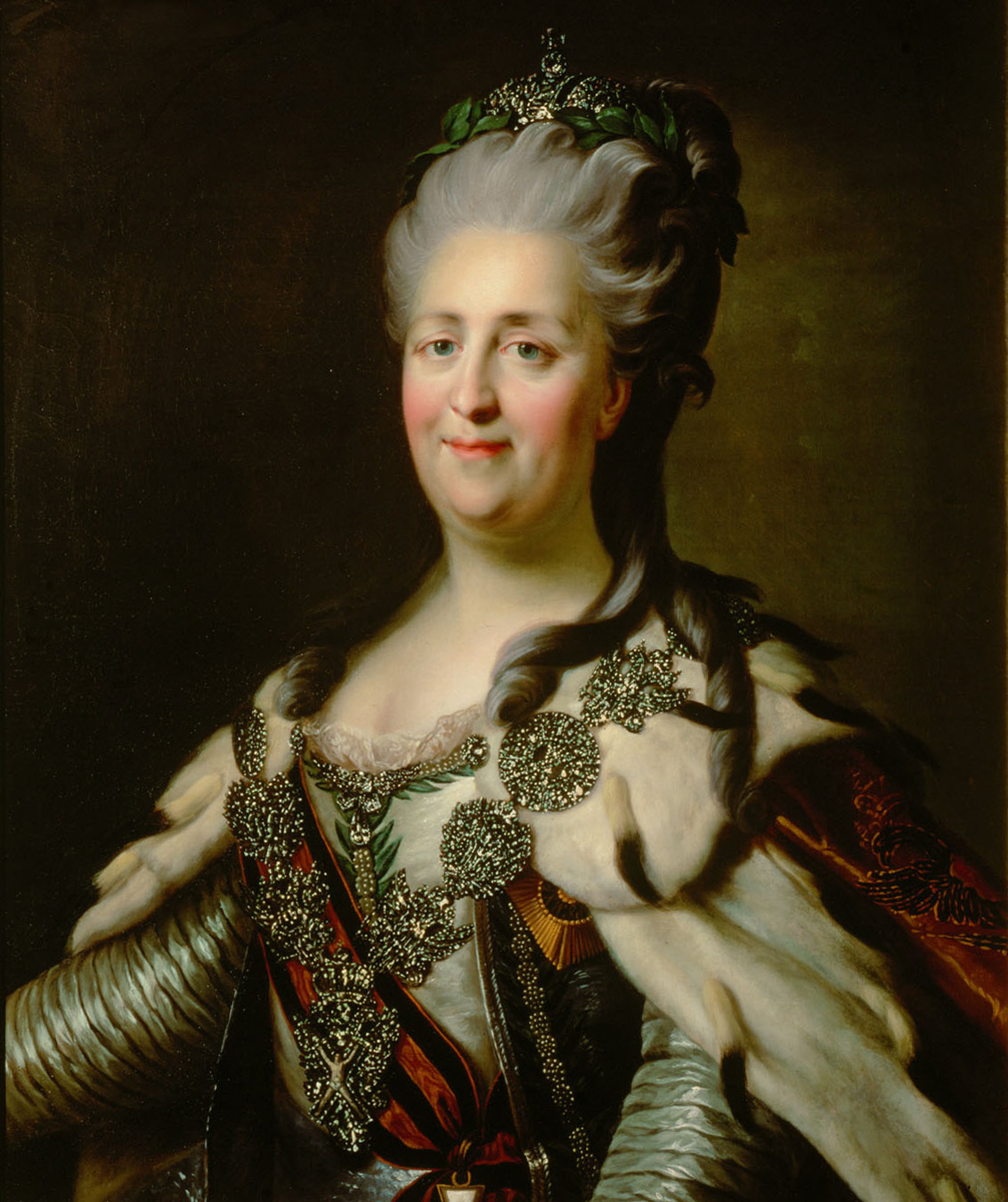 Μεγάλη Αικατερίνη – Catherine the Great The city of Odessa is perhaps the best known of the Greek colonies. The city was founded in 1794 by Tsarina Catherine the Great as part of her policy for Russia’s commercial penetration of the Black Sea. For this purpose she invited Greeks to settle in the city, creating a trading colony. Indeed some 15000 Greeks took advantage of the opportunity by creating an active community in the Russian port.
Odessa holds a special place in the history of our country since it was there that History of the Greeks of Nezhyn Ukraine : from the 9th century BC to the 20th century / Socrates Angelides Tatarinova, Maya, Doctoral Thesis (1999, National and Kapodistrian University Athens (EKPA)), The Greek churches in Ukraine from the 16th to the 20th century |

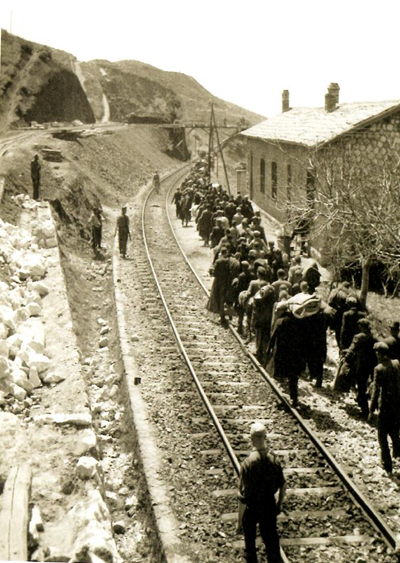
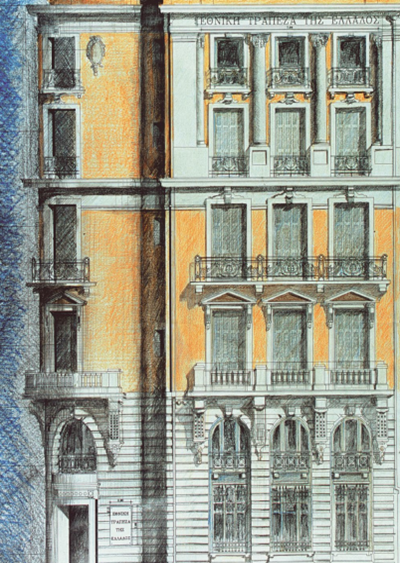
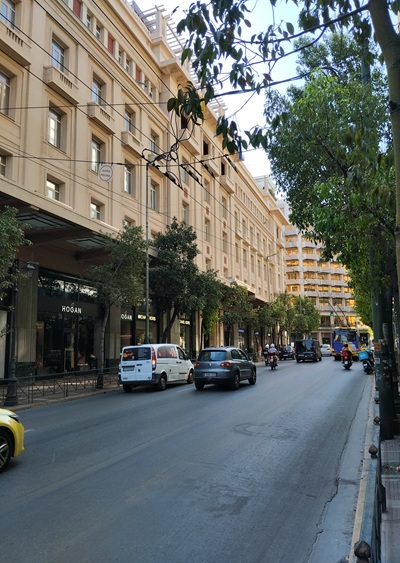



Leave A Comment